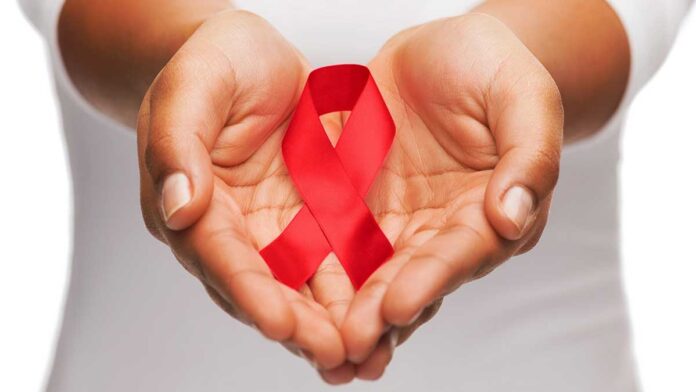This May, the LGBT Elder Initiative at William Way will partner with the Philadelphia Corporation for Aging (PCA) to pilot the Positive Self-Management Program (PSMP) for older adults living with HIV. The PSMP is part of the evidence-based Chronic Disease Self-Management suite of programs developed at Stanford University in the 1990s. These programs support older adults in managing chronic health conditions. They utilize a model that is highly participative and relies on peer support and personalized goal setting to build participants’ confidence in managing their health and maintaining active and fulfilling lives.
Effectively managing HIV today looks very different than it did 20 or 30 years ago. Tremendous medical and scientific advancements have made HIV a chronic health condition rather than the death sentence it was the 1980s. Taking one or two pills a day to manage a chronic health condition is quite a change from the cocktails of drugs that we were taking a few decades ago. Today, as long as we’re taking our medications and seeing our medical providers regularly, we should be able to live long and healthy lives with HIV.
Many long-term survivors (LTS) — those who were diagnosed in the 1980s and 1990s before the advent of protease inhibitors — have had to continually learn the recommended best practices for the treatment and management of HIV. As HIV medications have progressed and as the body of research on HIV care has grown, we as people living with HIV (PLHIV) have continued to educate ourselves and adjust our lifestyles to ensure we are taking care of our health as best we can.
Individuals who have been diagnosed more recently have still had to learn to navigate the many elements of HIV care, including adhering to new medications, understanding labs, maintaining an undetectable viral load, and accessing the many resources available through the HIV support networks. We have also all had to deal with the social and emotional aspects of living with what is now a chronic illness, including dealing with stress, handling symptoms such as pain or fatigue, and confronting the ways that a health condition may impact our interpersonal relationships.
Whether we were diagnosed 30 years ago or just this year, we all still have things to learn about how to best manage HIV as a chronic health condition, both emotionally and physically. As we grow older, we can expect to encounter new challenges as we face age-related health conditions and the new medications that come with them. We may need to change the ways we exercise and the foods we eat in response to these new health concerns. Our medical teams may grow to incorporate geriatricians and other medical specialists. Updating our advance directives and other legal planning becomes even more important. We will also need to be more proactive in maintaining our support networks and preventing isolation.
Given the prevalence of HIV within our older adult communities, we are excited to be able to offer the PSMP for the first time in Pennsylvania. The goal of the PSMP is to equip older adults living with HIV with the resources and tools to help live a long productive life with HIV that is chronic and manageable. Course content includes sessions on medication adherence, exercise, nutrition, and side effect management. The classes also look at the mental health aspects of living with a chronic health condition, such as dealing with frustration, isolation, and interpersonal relationships.
This course includes strategies for communicating more effectively with healthcare professionals, family members, friends, and intimate partners – and who wouldn’t want to have better relationships with these folks? Participants develop action plans each week, providing the opportunity to set targeted goals for better self-management of your HIV.
The pilot of this Positive Self-Management Program will begin on Tuesday, May 25th and will run for six consecutive Tuesdays from 10:00 a.m. to 12:30 p.m. The virtual programming will use Zoom video conferencing. There is no cost for participating. To register or to receive more information, please contact the Elder Initiative at 215-720-9415.
Whether we’ve been living with HIV for decades or are still learning the best practices for managing HIV, there are always new tools that we can add to our toolbox to care for our health and to thrive as we grow older!
